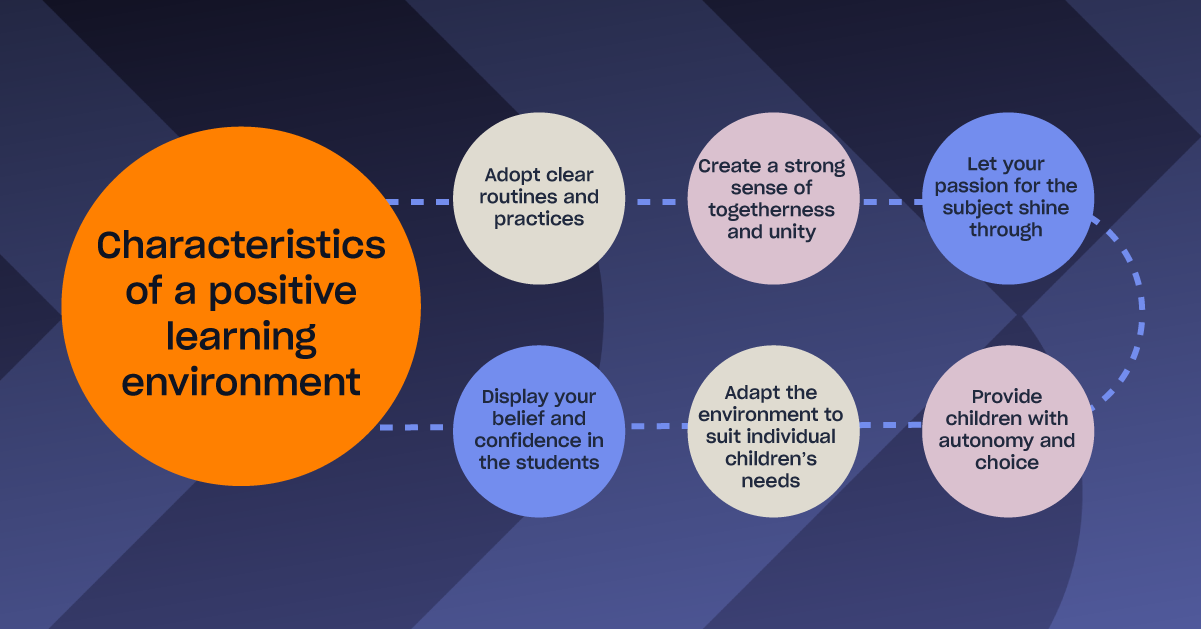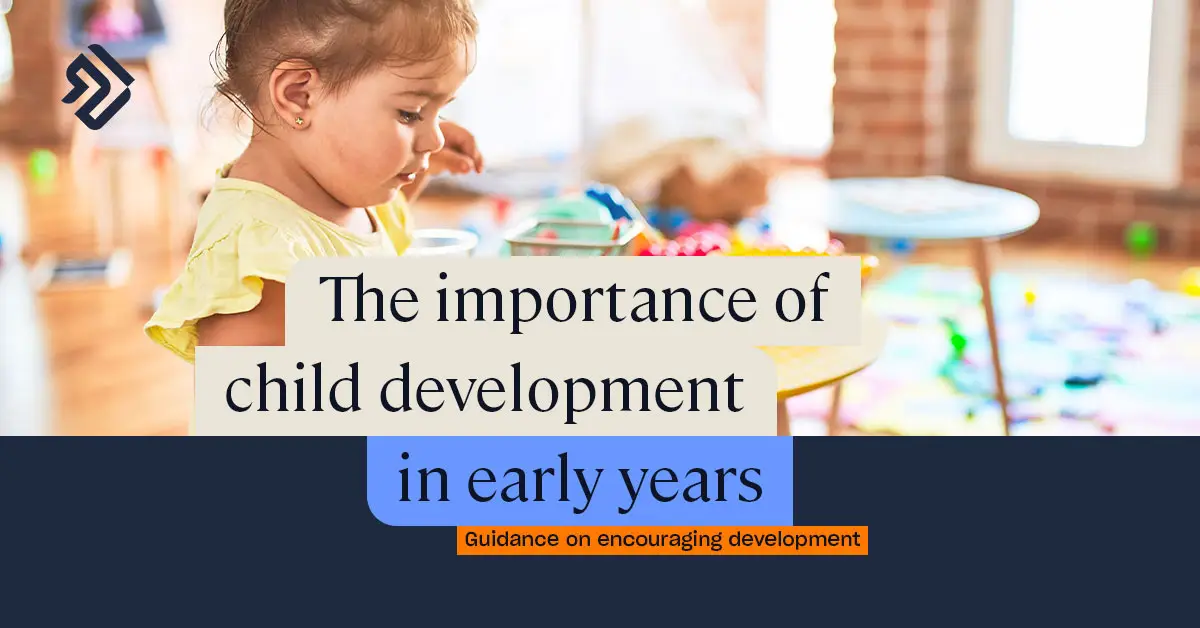Introduction to Early Childhood Education
As a parent or caregiver, you are your child’s first teacher. From the moment they are born, they are constantly learning and absorbing information from their surroundings. This is why early childhood education is so important. It provides a solid foundation for a child’s development and sets them up for success in the future.
Early childhood education refers to the education of children from birth to the age of eight. During this crucial period, children are at their most receptive and curious. They are like sponges, soaking up knowledge and experiences that will shape the rest of their lives. By providing a stimulating and nurturing environment, early childhood education programs lay the groundwork for a lifetime of learning.
The Importance of Early Childhood Education
Research has shown time and time again that early childhood education has a profound impact on a child’s development. It is during these formative years that the brain is developing most rapidly, making it the perfect time to introduce new concepts and skills. Studies have found that children who receive a quality early childhood education are more likely to perform better academically, have higher self-esteem, and develop stronger social and emotional skills.
Furthermore, early childhood education also helps to bridge the gap between disadvantaged children and their more privileged peers. By providing access to high-quality education, regardless of socio-economic background, early childhood education helps level the playing field and gives all children an equal opportunity to succeed.
Cognitive Benefits of Early Childhood Education
One of the primary goals of early childhood education is to foster cognitive development in children. Cognitive development refers to the growth of a child’s thinking, problem-solving, and decision-making abilities. By engaging children in age-appropriate activities and exposing them to a variety of experiences, early childhood education stimulates their cognitive growth.
For example, early childhood education programs often incorporate activities that promote early literacy and numeracy skills. Through storytelling, reading, and hands-on activities, children develop a solid foundation in language and mathematics. This early exposure to literacy and numeracy not only prepares them for future academic success but also helps them build confidence in their abilities.

Social and Emotional Benefits of Early Childhood Education
Early childhood education also plays a crucial role in the social and emotional development of children. During these early years, children learn how to interact with others, regulate their emotions, and develop a sense of empathy and compassion.
In a supportive and inclusive early childhood education environment, children have the opportunity to engage in cooperative play, practice problem-solving skills, and learn how to resolve conflicts peacefully. These social interactions help children build strong relationships, develop a sense of belonging, and learn how to navigate the complexities of the social world.
Additionally, early childhood education programs often incorporate activities that promote emotional intelligence, such as mindfulness exercises and emotional literacy. These activities help children recognize and manage their emotions, fostering resilience and emotional well-being.
Physical Benefits of Early Childhood Education
Physical activity is a crucial component of early childhood education. By encouraging children to engage in active play, early childhood education programs promote physical health and well-being.
Regular physical activity not only helps children develop gross and fine motor skills but also supports their overall physical development. It strengthens their muscles and bones, improves coordination and balance, and enhances their cardiovascular fitness. Furthermore, physical activity has been linked to improved cognitive function and academic performance, making it a vital aspect of early childhood education.
Language and Communication Benefits of Early Childhood Education
Language and communication skills are fundamental to a child’s development. Early childhood education programs provide a rich language environment that exposes children to a wide range of vocabulary, sentence structures, and communication styles.
Through storytelling, singing, and engaging in conversations with peers and educators, children develop their language and communication skills. They learn how to express themselves effectively, listen attentively, and understand the nuances of verbal and non-verbal communication. These skills are essential for success in school and beyond.
Holistic Development Through Early Childhood Education
Early childhood education is not just about academic learning. It aims to promote holistic development by nurturing all aspects of a child’s growth – cognitive, social, emotional, physical, and language development.
By providing a well-rounded curriculum that integrates various learning experiences, early childhood education programs ensure that children develop a wide range of skills and abilities. This holistic approach prepares children for the challenges and opportunities that lie ahead, equipping them with the tools they need to thrive in an ever-changing world.
How to Choose the Right Early Childhood Education Program
Choosing the right early childhood education program for your child is a crucial decision that can have a lasting impact on their development. Here are some key factors to consider when making this decision:
- Quality: Look for programs that have a strong curriculum, qualified educators, and a focus on child-centered learning.
- Safety and Environment: Ensure that the program provides a safe and stimulating environment that is conducive to learning and exploration.
- Parent Involvement: Consider programs that encourage parent involvement and provide opportunities for collaboration between parents and educators.
- Flexibility: Assess whether the program offers flexible scheduling options that suit your family’s needs.
By carefully considering these factors, you can find an early childhood education program that is the perfect fit for your child.
The Role of Parents in Early Childhood Education
While early childhood education programs play a vital role in a child’s development, parents are their first and most important teachers. Parents have a unique opportunity to support their child’s learning and development at home.
By creating a nurturing and stimulating home environment, parents can complement the experiences and learning that occur in early childhood education programs. Simple activities such as reading together, engaging in imaginative play, and encouraging curiosity can have a significant impact on a child’s learning and development.
Furthermore, parents can actively engage with educators and participate in their child’s early childhood education journey. By attending parent-teacher meetings, volunteering in the classroom, and communicating regularly with educators, parents can stay informed and actively contribute to their child’s education.


